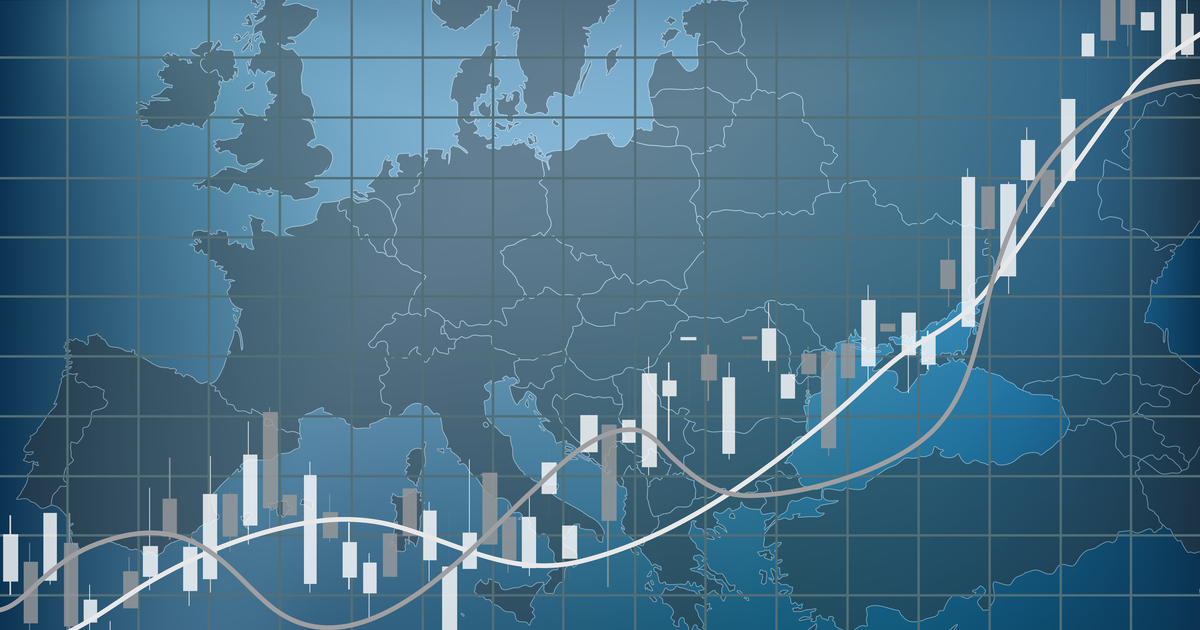A European revival? – Global strategist predicts US retreat could usher in Europe’s resurgence

US exceptionalism has been the prevailing orthodoxy for market watchers for more than a decade and was, until recently, expected to persist. However, Europe’s spending spurt – and particularly the exercising of Germany’s long-dormant fiscal levers – could usher in the start of a new era of exceptionalism for the continent.
“With Germany’s notable fiscal expansion and European equities outpacing the US by nearly 20% [in the year to date], investors are starting to question the long-standing theme of US exceptionalism. While structural challenges remain, a shift in sentiment – and leadership – may be underway,” writes Seema Shah, chief global strategist at Principal Asset Management.
The Trump administration’s shift towards protectionism and isolationist thinking has spurred Germany, the largest economy in Europe, into action.
Shah notes that President Trump’s decision to suspend military aid to Ukraine in early March, as well as his global security posture, has “prompted a significant re-think on defence spending in Europe and accelerated a long-awaited fiscal shift in Germany”.
These actions include:
- The creation of a €500bn infrastructure investment fund.
- Exemption of defence spending above 1% of GDP from the debt brake rule, which restricts annual structural deficits to 0.35% of GDP (This effectively permits open-ended borrowing for defence).
- Easing of fiscal constraints for federal states.
Based on its commitments, Germany’s more than €1 trillion fiscal expansion, which far exceeds previous expectations, is the biggest trajectory shift in its economy since reunification 35 years ago.
Whilst noting that Germany’s planned fiscal expansion remains “uncertain in timing and composition… its scale suggests lasting economic impact”, Shah said.
After two consecutive years of contraction, Principal AM predicts – pre-fiscal boost – the German economy to grow by 0.2% this year. Once the “fiscal impulse kicks in”, the global investment firm predicts GDP will get an extra 0.5% boost, up to 1.5% in 2026 and 2.0% in 2027 – similar to that of the US.
More broadly for the EU, Principal sees a “modest but supportive fiscal shift”, driven by looser budget rules to enable more defense spending, a ‘national escape clause’ for member states, and a new €150 billion loan facility (SAFE) to support investment.
It predicts the EU-wide impact of these policy changes to be more modest than Germany’s, though it should deliver an at least 0.1–0.2% boost to Euro area GDP over coming years, rising from 0.7% this year to 1.2% in 2026 and 1.4% in 2027.
Principal cautions investors, however, that while the policy shift does represent “a game-changing moment in Europe’s economic history”, investors should still be somewhat sceptical that it has “sufficiently raised Europe’s outlook such that it can genuinely challenge the US exceptionalism theme”.
“Not only does Europe face looming near-term risks, but the fiscal shift has not changed the narrative around some of Europe’s important structural obstacles, including strict regulatory constraints and labor market inflexibility,” Shah concluded.











I think these numbers are too low. Especially if you live in major cities. I try to ensure none of…
Are Interprac / Sequoia going to pay the 10’s of $$ millions in AFCA complaints ? Even after Macquarie &…
Always back self interest when a body is marketing a submission to the government
In other words the system is achieving what the government wanted to happen.
Every day I come on here it feels like it is just the SMC trying to lobby to make one…